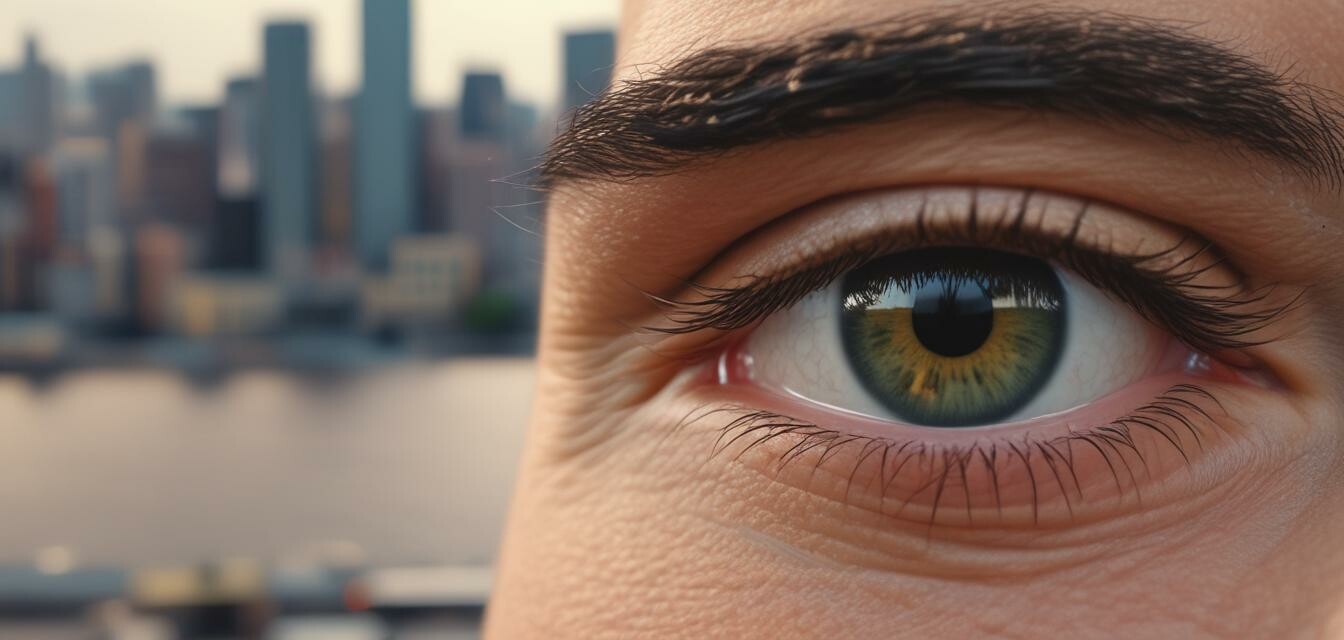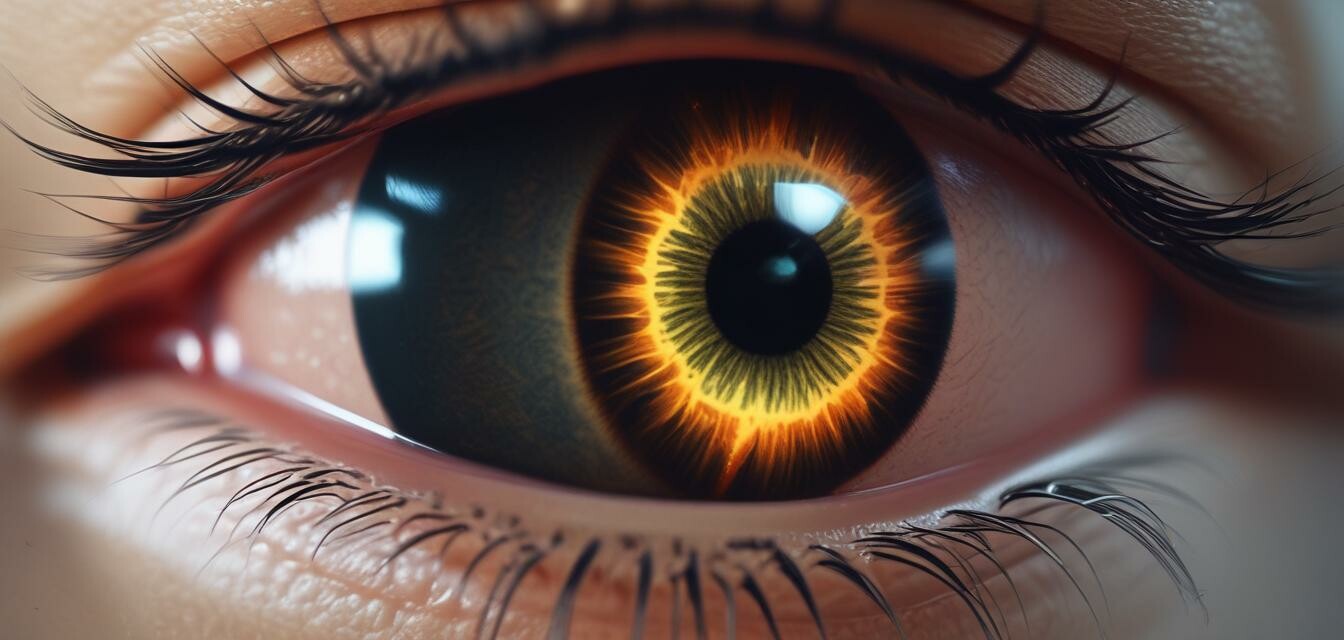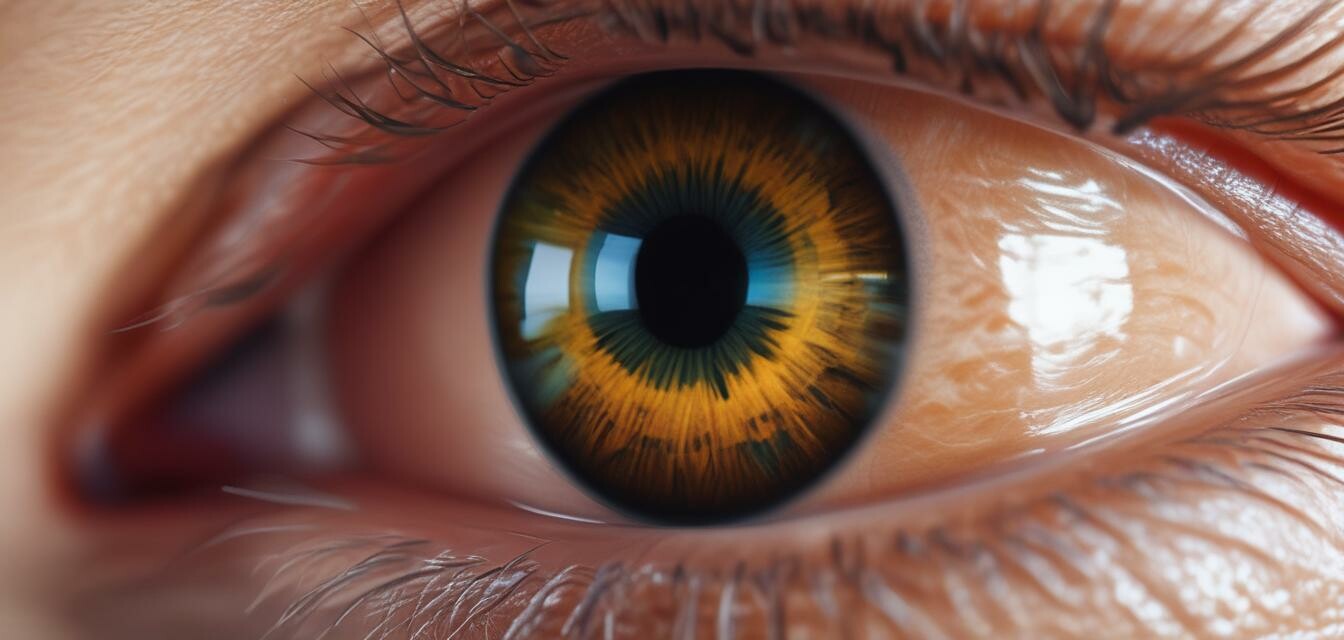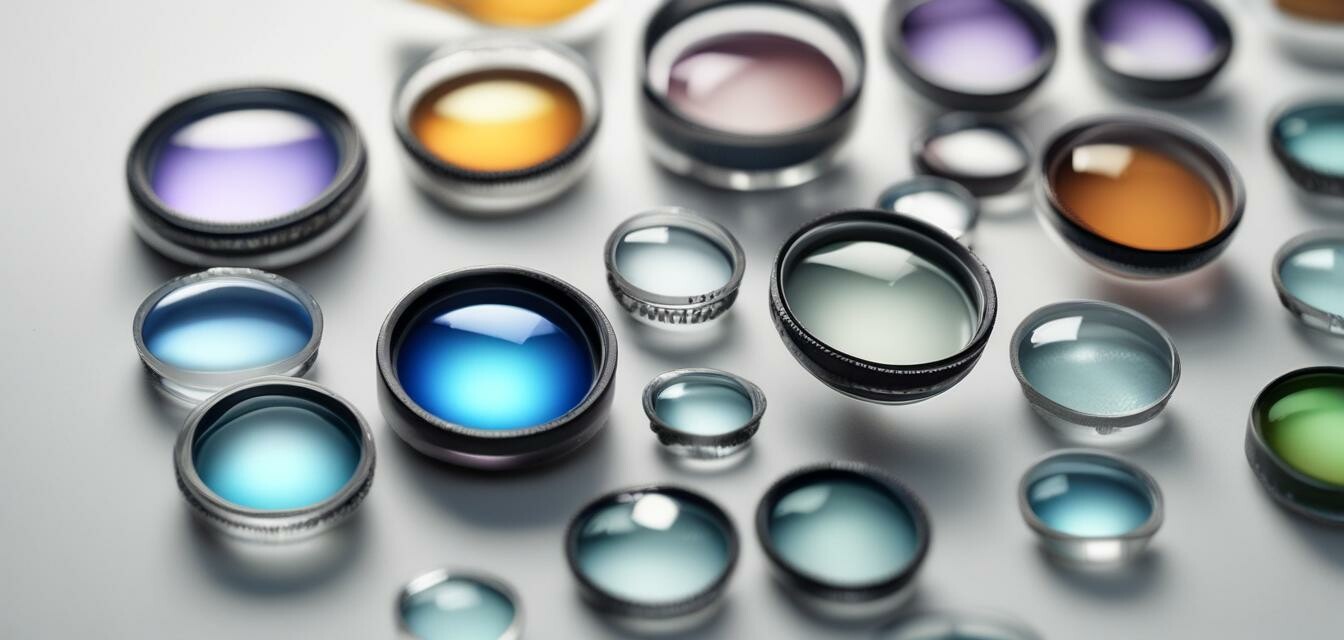
Corrective Lenses Options
Vision correction has come a long way, and today, there are various types of lenses available to help individuals with vision impairments. From glasses to contacts, and even beyond, understanding the different options can be overwhelming. In this article, we'll delve into the world of corrective lenses, exploring the various types and their benefits.
Key Takeaways
- There are several types of corrective lenses, including glasses, contacts, and eye care supplements.
- Each type of lens has its own benefits and drawbacks.
- Understanding the different options can help individuals make informed decisions about their vision correction.
Types of Corrective Lenses
Let's start with the most common types of corrective lenses:
| Type of Lens | Description | Benefits | Drawbacks |
|---|---|---|---|
| Glasses | Corrective lenses worn on the face, available in various styles and materials. | Easy to use, affordable, and come in a wide range of styles. | Can be bulky, may obstruct peripheral vision, and require frequent cleaning. |
| Contact Lenses | Thin, curved lenses placed on the surface of the eye to correct vision. | Offer unobstructed peripheral vision, comfortable, and available in different types (daily, monthly, etc.). | Require regular cleaning and maintenance, can cause dryness and irritation. |
| Eye Care Supplements | Nutritional supplements designed to support eye health and vision. | Can help maintain eye health, support vision correction, and are easy to use. | May not correct vision immediately, and results may vary. |
Glasses: A Closer Look
Glasses are one of the most common types of corrective lenses. They come in various styles, materials, and prices. Here are some benefits and drawbacks to consider:
Pros
- Affordable
- Easy to use
- Wide range of styles available
Cons
- Bulky
- May obstruct peripheral vision
- Require frequent cleaning

Contact Lenses: A Deeper Dive
Contact lenses are a popular alternative to glasses. They offer unobstructed peripheral vision and are available in different types. Here are some benefits and drawbacks to consider:
Pros
- Unobstructed peripheral vision
- Comfortable
- Available in different types (daily, monthly, etc.)
Cons
- Require regular cleaning and maintenance
- Can cause dryness and irritation
- May require adjustment period
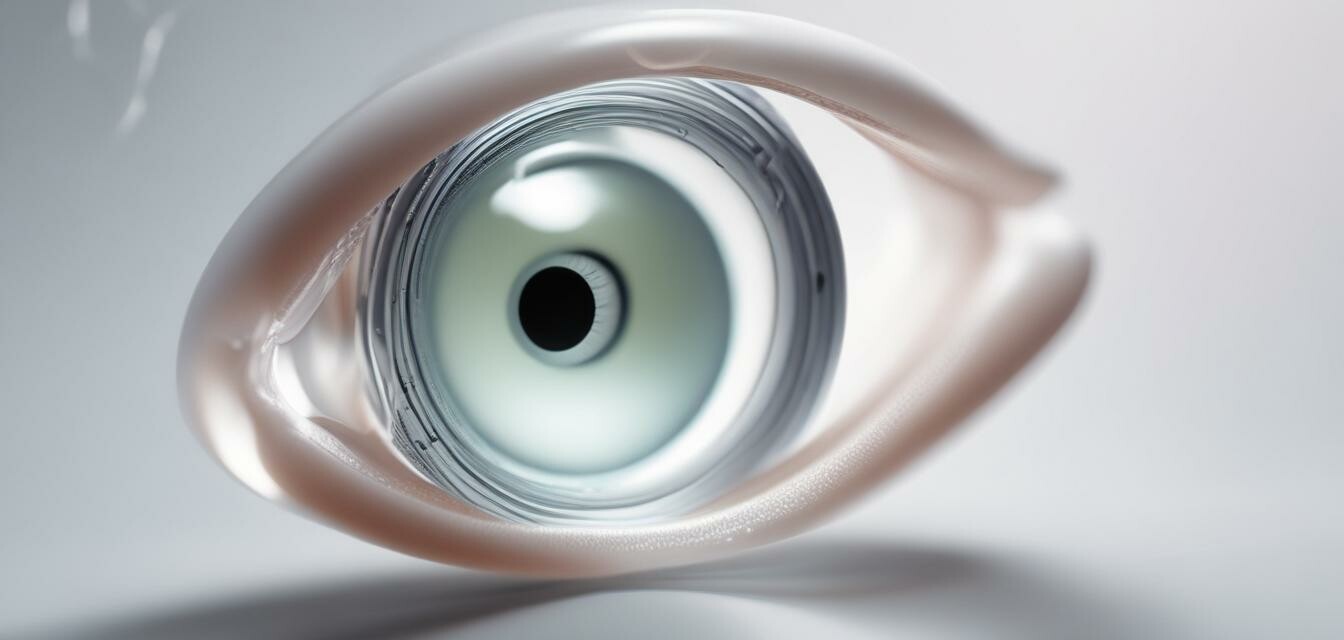
Eyecare Supplements: A Natural Approach
Eyecare supplements are a natural way to support eye health and vision. They can be used in conjunction with other corrective lenses or on their own. Here are some benefits and drawbacks to consider:
Pros
- Can help maintain eye health
- Support vision correction
- Easy to use
Cons
- Results may vary
- May not be suitable for everyone

Conclusion
Corrective lenses come in various forms, each with its own benefits and drawbacks. Understanding the different options can help individuals make informed decisions about their vision correction. Whether you prefer glasses, contact lenses, or eye care supplements, there's a solution out there for you.
For more information on vision correction, check out our Blue Light Blocking Glasses and Contact Lens Solutions pages. You can also explore our Natural Vision Exercises and Eye Care Supplements sections for more resources.
Tips for Choosing the Right Corrective Lenses
- Consult with an eye care professional to determine the best corrective lenses for your needs.
- Consider your lifestyle and preferences when choosing a type of lens.
- Research and read reviews to find the best product for your budget and needs.



